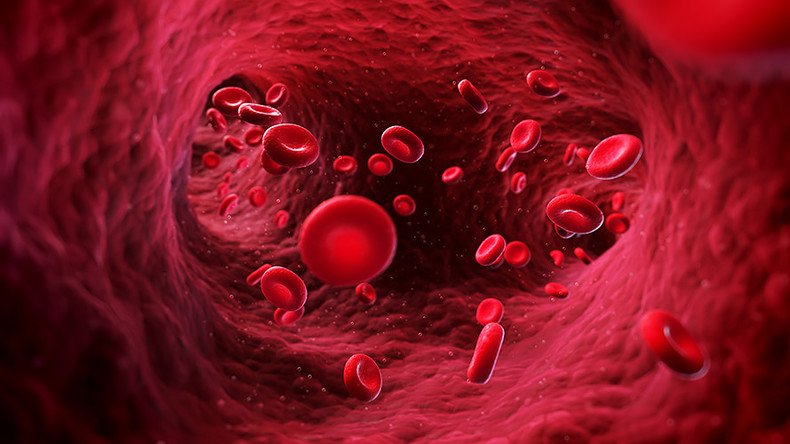Blood molecule that attracts predators and repels prey pinpointed by scientists

Scientists have discovered a mammalian blood molecule, one whiff of which sends predatory animals into a frenzy but sends prey, including humans, running for the hills, hinting at our pre-predatory past.
Never before have scientists seen the same molecule (E2D) have such opposing effects in creatures ranging from horse flies to humans, a fact which hints at deep evolutionary roots, according to research published in the journal Scientific Reports.
Most animals use their sense of smell to hunt for food, sniff out potential mates and detect danger. Normally comprising of hundreds of scent molecules, these natural smells, or chemical signals, are often species specific.
The smell of blood, however, is different and E2D appears to be in a class of its own. Scientists from the Karolinska Institutet’s, Department of Clinical Neuroscience, exposed a wide range of creatures including humans, to E2D’s scent to gauge their reactions.
Discovery of 9.7mn-yo ape teeth in Germany could impact timeline of human development https://t.co/CzHObEn25Jpic.twitter.com/upstkN0Lkg
— RT (@RT_com) October 21, 2017
“Together [with scientists from Linköping University] we tested the scent molecule on blood-sucking flies, wolves, mice and humans, so it was a truly interdisciplinary project,” senior author Johan Lundstrom said.
When the wolves got a whiff of the scent, which had been wiped onto a piece of wood, they “licked, bit and protected it as if it were an actual prey.” Human subjects had the exact opposite reaction.
They recoiled, as if to avoid E2D, even though the scent was not perceived to be unpleasant, their hands also perspired more. Furthermore, while exposed to the smell, participants were asked to pinpoint faces that could be perceived as emotive on a computer screen, their ability to do this improved as a result.
According to scientists: “Previous studies have shown that this ability is augmented in threatening situations, suggesting that people unconsciously perceive the smell of blood as a threat.”
READ MORE: British hiker 'found dead' in Greece was likely devoured by wolves, says coroner
“E2D seems to activate our entire general defence system,” study lead author Dr Artin Arshamian said. “Our findings concur with paleontological data showing that our earliest relatives, the early primates, were almost certainly insectivores and were primarily the prey of other animals. Modern humans are without doubt predators, but we probably evolved from a prey species, and some aspects of this characteristic remain,” he added.











